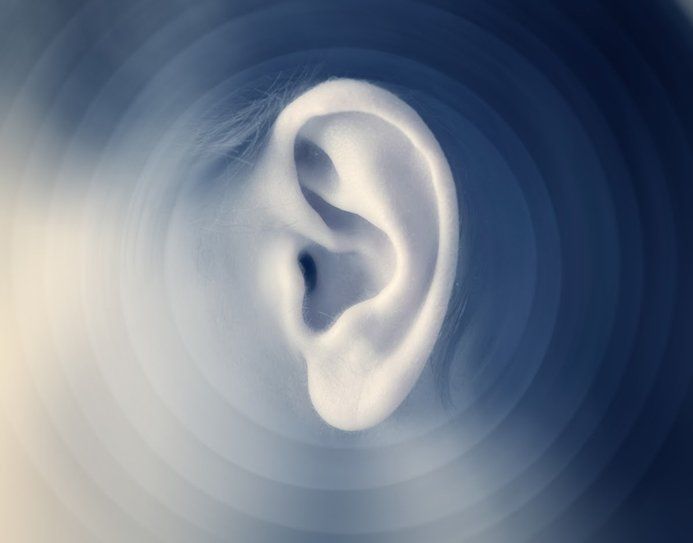Common Causes Of Roof Noises

Some roof noises are normal — others mean your roof has a problem. You should know the potential causes of roof noises so that you know when you have an issue, especially with sudden or unusually loud noises. Below are some of the things that might cause noises on your roof.
Temperature Changes
Solid materials expand when the temperature increases and contracts when the temperature falls. You might notice the expansion and contractions as creaks from the roof. For example, the roof might creak when the sun comes out after an extended period of cloudy weather.
Expansions and contractions due to temperature fluctuations are not a cause of concern. Roofing contractors anticipate such issues and provide expansion joints during roof design.
Loose Parts
Loose parts of the roof can also make noise when the wind blows. Common culprits include:
- Loose gutters
- Loose flashing
- Loose shingles
- Loose roof attachments
Fix such parts as soon as possible. Otherwise, the damage might worsen, and the loose parts might even detach completely from the roof. The detached parts can cause further damage as they collide with the roof.
Rainfall
Raindrops on the roof will always make some noise. This noise, however, will be louder on some roofs than others. You should only be worried if your roof has been relatively quiet for some time, but has become noisier of late. That is an indication that something has changed. Maybe the insulation has deteriorated and can no longer absorb the sounds.
Shifting Materials
As roofs age, the individual roofing materials deteriorate at different rates. After some time, some parts of the roof might be unable to support the weight above them. The deterioration might close some gaps on the roof (and open others) as different parts of the roof shift and settle. The shifting and settling might create intermittent roof noises.
Leaks
Roof leaks can also make noises as the water drops on different materials, for example, in the attic. In this case, the noises will depend on the materials on which the water is falling. For example, raindrops that fall on metal sound different from raindrops that fall on wood. You should suspect that you have a leak if you can only hear the dripping noises during rainfalls.
Overloading
Good roof design accounts for every foreseeable load on the roof. Foreseeable loads include things like:
- Snow and ice
- Debris
- Water
- Roof installations, such as satellite dishes
However, too much load can overwhelm the roof, deform, or even break some support structures. Roof noises usually accompany such changes. You might hear worrisome sounds, for example, after an unusually deep snowfall. Aging or poorly maintained roofs are particularly susceptible to such damages.
Roof Openings
Roof openings can lead to unusual noises in multiple ways. For example, air drafts or wind gusts blowing through roof openings can be very noisy. Such noises are especially common during storms accompanied by strong winds. Note that unintentional gaps in the roof can encourage leaks, pest infestation, and increased fire damage risk.
Non-roofing Factors
Not every noise from the roof is due to the roofing structures, materials, or systems. For example, HVAC systems emit some noises during operations, and some people use rooftop HVACs. Note that HVAC systems become noisier with age or when malfunctioning. Changes in duct air pressure or ductwork expansions and contractions can also be noisy.
Contact Urban Exterior Co. Roofing & Siding if you can't diagnose unusual noises on your roof or if you suspect roofing damage. We have been active in the roofing industry for over two decades now. We will diagnose the noises and fix your roof before the problem worsens.

- Monday
- -
- Tuesday
- -
- Wednesday
- -
- Thursday
- -
- Friday
- -
- Saturday
- Closed
- Sunday
- Closed
